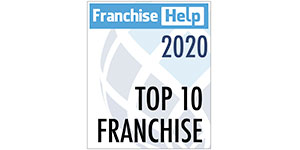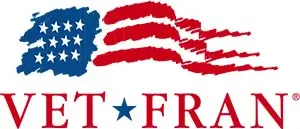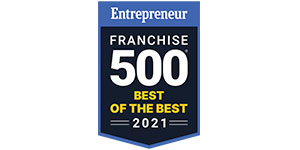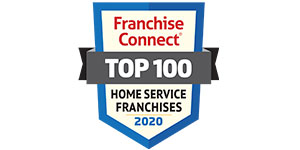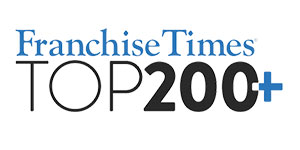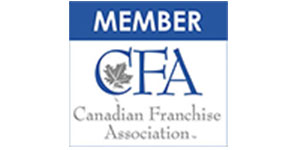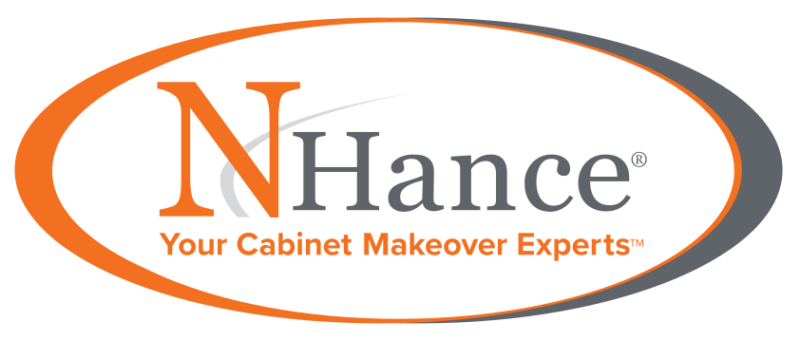Franchise startup costs can be as low as $10,000 to as high as a couple of million. But what’s included in that price tag? Here’s everything you need to know about franchise and royalty fees, why they’re paid, and what they cost.
Behind the Franchise Fee
Basically, franchise fees are the payments made to the franchisor for their great idea. It’s like a cost-of-entry fee. It is a one-time payment at the beginning. The U.S. Small Business Administration defines the franchise fee as a license to own and operate the business.
The franchise fee includes the right to branding, the business model, products, web management, and other resources such as training and marketing. Usually, this cost is non-negotiable. However, some franchises will offer discounts to veterans and other groups.
Mobile and home-based businesses usually have cheaper franchise fees than full-service restaurants and hotels. For example, N-Hance wood refinishing is a booming mobile franchise. By buying into N-Hance, you can capitalize on the thriving home remodeling industry and lower startup costs. Our franchise fees range from $13,347 – $64,582. The higher cost for brick-and-mortar franchises is because of the ongoing costs of leasing or maintaining a building as well as the need for more staff to operate the business.
What are Royalty Fees?
A royalty fee is the franchisee’s licensing payment to the franchisor. It allows you, as the franchisee, to use the parent company’s trademark, logo, brand name, and other forms of intellectual property. It’s also essential to understand why franchisors charge royalty fees. These payments are where the profits lie for franchisors.
What some people don’t understand about these fees is that they are a reoccurring cost. In most franchises, it’s not just a one-time, upfront payment. Instead, it is usually a percentage of your business’ sales that can range from 6% to 12%. Some brands may use a different model, which could benefit your business. For example, N-Hance uses a fixed fee model, allowing the franchisee to benefit from the success and growth of the business. The fixed royalty starts at a lower rate for your first six months and then increases to a fixed amount after that period. Our royalty fees are a flat rate ranging from $209-$786, no matter how high your earnings.
So, What’s the Initial Investment?
The initial franchise investment, or startup costs, describes what it takes to get started. This figure includes the franchise fee, royalty fees, and other costs the franchisor lays out. Those costs can include marketing fees, a business vehicle, rent, telephone, computer, and insurance.
As a franchisee, you’re often required to contribute to a common advertising or marketing fund. It’s usually a national program for the franchise, but there can also be regional or local market focuses. This cost can be fixed or charged as a percentage of your revenue. Again, N-Hance charges a flat monthly ad fee ranging from $220-$400.
Franchisors can also mandate required purchases of products or services. These purchases could be within the franchise or from affiliated entities of the company. Entrepreneur magazine recommends franchisee prospects pay attention to the costs of these products and whether they are competitive or not.
Understanding the Costs of Franchising
The Franchise Disclosure Document, or FDD, details each franchise’s specific costs and is updated annually. Before signing on the dotted line, make sure you have a copy of the most recent FDD and read it carefully. You may want a lawyer or business associate to go through it with you. Although everything in the FDD is important to read and understand, the International Franchise Association says there are six items to pay close attention to. These include Item 7, costs; Item 11, franchisor’s obligations; Item 17, renewal, termination, transfer, and dispute resolution; Item 19, financial performance representations as reported by franchisees; Item 21, financial statements; and Item 22, contacts.
The FDD details amounts required for royalty fees, minimum purchase amounts of products, computer software, brand marketing fund, website, training, equipment, and conventions.
Learn more about our home improvement franchise cost here.
How to Finance the Cost
As you can see, these initial costs of franchising can add up and might be more than what you have on hand. Some franchises allow you to finance the startup costs. Some companies will allow you to finance the initial franchise fees. Others will require you to secure a business loan. Payroll and human resources firm ADP suggests these tips when trying to secure a loan:
- Work with the franchisor. Some franchisors will independently finance the costs for you. N-Hance offers in-house financing to cover the franchise fee, equipment, and inventory to qualified candidates. We also have relationships with third-party vendors who can finance startup costs and more.
- Apply for a commercial bank loan. Like a mortgage, personal credit history determines the terms and rates of the loans. You may have to present a business plan as well.
- Consult the Small Business Association. The SBA can guarantee lenders a portion or repayment, so terms for interest rates can be more favorable than commercial loans.
- Seek an alternative lender. Looking outside of the traditional banking system is an option. But interest rates with investors are typically high and the repayment periods are short.
- Consider crowdfunding. Promote the possibility of opening a franchise in a specific market on your own crowdfunding web page or use an existing third-party site that crowdfunds on behalf of the business.
- Ask a friend or family member.
Although this method can cause conflicts if both parties don’t agree on the terms of the loan, this is a common way to fund a business.
At N-Hance, we offer in-house financing for qualified applicants, saving you from getting involved with a third-party lender. The program allows you to put 60% down on the initial franchise fee and 40% down on the equipment. You then finance the remaining balance over a five-year agreement. If you end up paying off the amount in the first six months, you will receive a 12% discount on the initial franchise fee.
Learn More About Franchising with N-Hance
If you want to get into the franchising world but have little money to put into the game, consider a low-cost, high-profit franchise. [AC1] N-Hance falls in this category. The total estimated initial investment for the No. 1 wood refinishing company ranges from $57,823 to $168,545. We’re seeking franchise candidates with sales and business management experience; no industry experience required! Ready to join the $450 billion home improvement industry? Request information to join our franchise.








